Lack of Sleep Leads to Insulin Resistance

A new study suggests that increasing the amount of sleep that teenagers get could improve their insulin resistance and prevent the future onset of diabetes.

A new study suggests that increasing the amount of sleep that teenagers get could improve their insulin resistance and prevent the future onset of diabetes.

What I really like about the paper is the all-out, glorious way in which they attempt to link inflammation, hyperglycemia, coagulation, glucose, and body and brain pathology.

Wireless medical devices are potentially vulnerable to being remotely controlled by hackers and should be tracked more closely, according to a Government Accountability Office report.
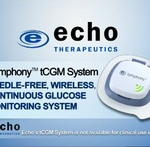
Philadelphia-based Echo Therapeutics plans to introduce a needle-free continuous glucose monitoring system to the US market in 2013, pending FDA approval.
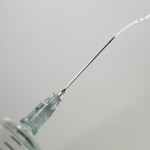
It appears that insulin, besides regulating blood glucose and maintaining healthy growth, might be carcinogenic.

Could a capsule of insulin crystals a day stop the development of type 1 diabetes? There are indications that this could be the case.

Now new research from the Mayo Clinic indicates that walking after meals can help lower postmeal glucose levels in people with and without diabetes alike.
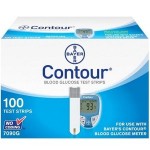
Bayer ‘s new blood glucose meter, the Contour® Next Link, which works with Medtronic’s diabetes management system, is now available in the United States.

The first single gene cause of increased sensitivity to the hormone insulin has been discovered by a team of Oxford University researchers.
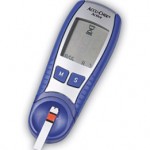
Accu-Chek blood glucose monitoring systems are recognized for quality and innovation in diabetes care worldwide.
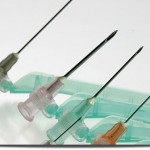
Diabetes curiosity refers to those who use someone else’s lancet and glucose meter diabetes testing devices to prick themselves to test their own blood sugar levels.
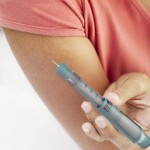
Pricking a finger everyday is just part of everyday life for many diabetes patients. A non-invasive measurement approach could release them from the constant pain of pin pricks.

People whose blood sugar is on the high end of the normal range may be at greater risk of brain shrinkage that occurs with aging and diseases such as dementia, according to new research

Proteus Digital Health, Inc. announced today that the U.S. Food and Drug Administration (FDA) has cleared its ingestible sensor for marketing as a medical device.
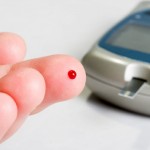
This simple blood test will tell you an approximation of your blood sugar control for the past 3 months based on the amount of Advanced Glycogenated End-Products (AGEs) that have accumulated in your blood.

Ethical challenges are central to persistent “critical weaknesses” in the national system for ensuring drug safety, according to a commentary by former Institute of Medicine members published in the New England Journal of Medicine.
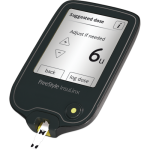
The InsuLinx crunches insulin-to-carb ratios, calculates correction factors, and even has active insulin tracking (a.k.a. Insulin on Board, or IOB).
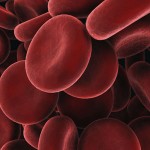
A new generation of tools that can screen for Type 2 diabetes without the need to draw blood will soon be available in pharmacies across Canada. Read more: https://www.ctvnews.ca/health/new-non-invasive-diabetes-test-to-be-available-in-pharmacies-1.919447#ixzz23x1JkWXW

Researchers have created a new type of biosensor that can detect minute concentrations of glucose in saliva, tears and urine and might be manufactured at low cost because it does not require many processing steps to produce.

Jennifer Asby, the director of product marketing and operations, sat down with me at the American Association of Diabetes Educators to talk about the merits of this new medical device.